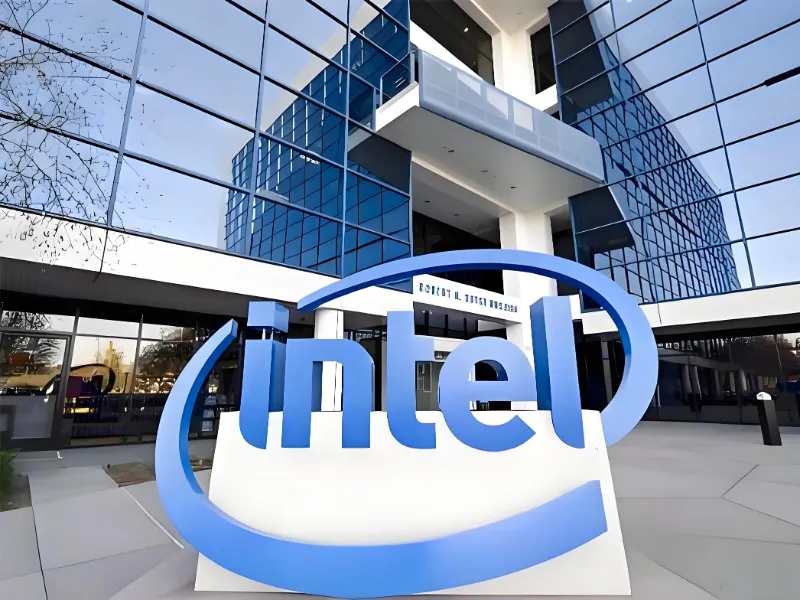- Intel is considering selling its networking and edge unit to refocus on core semiconductor operations.
- The move follows broader restructuring efforts under CEO Pat Gelsinger’s turnaround plan.
What happened: Chipmaker looks to offload division serving telecom clients as part of broader portfolio restructuring
Intel is exploring the sale of its networking and edge (NEX) business unit as part of ongoing efforts to streamline its operations. The unit, which develops hardware and software for telecom networks and edge computing infrastructure, has drawn interest from private equity firms and strategic buyers. Discussions are still preliminary, and no deal is guaranteed.
The potential sale marks the latest move in CEO Pat Gelsinger’s broader turnaround strategy. Since rejoining Intel in 2021, Gelsinger has sought to refocus the company on its core semiconductor manufacturing and design strengths. Intel has already spun off or sold several non-core businesses, including its memory chip and drone units. The NEX division was created in 2021 to unify Intel’s edge and networking initiatives under a single structure
Also Read: Intel reports $821M loss, despite modest Q1 performance
Also Read: Intel and Arqit boost quantum-safe security with cloud-based solution
Why this is important
Intel’s decision to divest its edge networking unit signals a deeper strategic shift away from diversification and toward focusing on its core silicon roadmap. The networking and edge computing sector is increasingly competitive, with specialised players such as Marvell and Nvidia offering tailored solutions for data-intensive, low-latency applications. Intel’s edge unit has yet to reach profitability, making it a candidate for divestiture as the company looks to cut costs and fund its ambitious foundry expansion plans.
Under Gelsinger’s leadership, Intel aims to regain manufacturing leadership by 2026 and become a major foundry for external clients through its Intel Foundry Services (IFS) arm. Selling off units that don’t align with this strategy could help redirect capital and management focus. The move also reflects a broader trend among major tech companies to exit less profitable ventures, as seen with IBM’s Kyndryl spin-off and Nokia’s recent sale of its submarine cable unit.
If completed, the sale would mark another milestone in Intel’s transformation from an end-to-end tech vendor to a focused chipmaking powerhouse.

